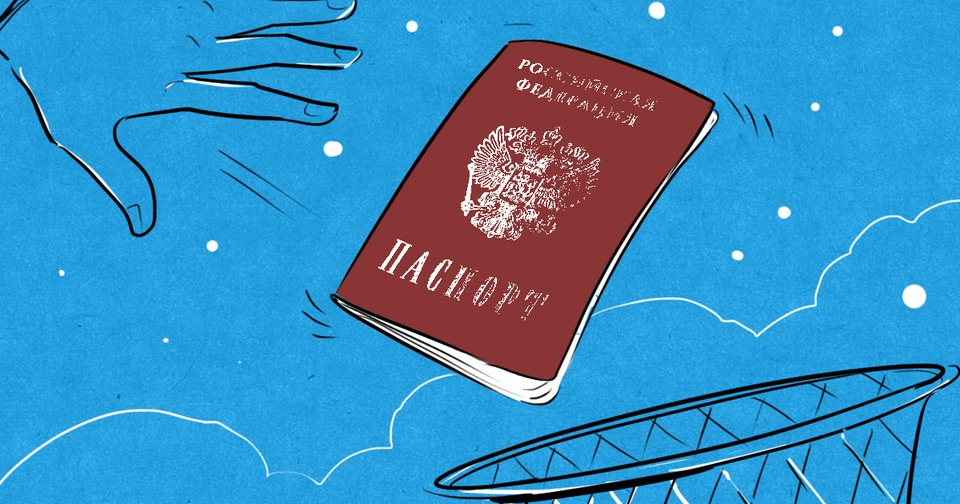Putin Proposes Revoking Citizenship for Drug Offenses
The State Duma has approved in its first reading a bill that would allow the revocation of Russian citizenship from individuals who have acquired it and are convicted of serious or especially serious drug-related crimes. Notably, it does not matter when these crimes were committed—before or after the law is enacted.
On April 5, the State Duma held the first reading of a presidential bill aimed at bringing the federal law “On Citizenship” in line with the updated Constitution. The bill, on one hand, significantly simplifies the process for foreigners to become Russian citizens, but on the other, introduces a mechanism for terminating such citizenship. This change will affect more than 7.3 million people whose applications for citizenship have been approved over the past 20 years (the bill does not apply to those who acquired citizenship by birth).
Previously, citizenship could be revoked for terrorism, extremism, or providing false information in applications. The new wording of the law proposes additional grounds, including “committing a crime, preparing to commit a crime, or attempting to commit a crime.”
List of Crimes That May Lead to Revocation
- Treason, espionage, disclosure of state secrets
- Inciting hatred and enmity
- Mass riots
- Banditry, organizing illegal armed groups, taking hostages, etc.
- Possession of large or especially large quantities of drugs without intent to sell, or trafficking significant amounts of drugs (Articles 228 parts 2 and 3, and Articles 228.1 parts 2, 3, 4, and 5 of the Russian Criminal Code)
In other words, individuals who have acquired Russian citizenship could lose their passports for:
- Possessing more than 100 grams of marijuana or selling more than 6 grams
- Possessing more than 25 grams of hashish or selling more than 2 grams
- Possessing more than 5 grams of hash oil or selling more than 0.4 grams
The bill will have retroactive effect, as it specifically states that the decision to revoke citizenship will be made “regardless of when the crime was committed, the date of the court verdict, or the date of acquiring citizenship.”
The explanatory note does not clarify the reasoning behind these measures. However, it does mention that the decision to revoke citizenship will be made personally by President Putin, in order to “increase the level of protection for citizens and take all circumstances into account when making such decisions.”
The majority of deputies voted in favor of the bill. The second reading is expected to take place in about three months. By then, lawmakers plan to introduce around 25 amendments, but the specific details of these changes are not yet known.



